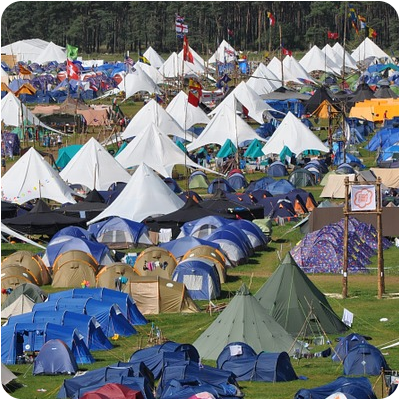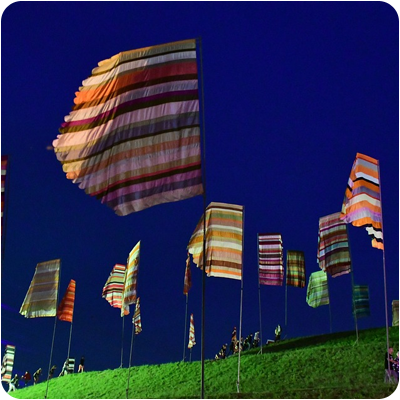Het arrangement 9.4 Festivals - kgt34 is gemaakt met Wikiwijs van Kennisnet. Wikiwijs is hét onderwijsplatform waar je leermiddelen zoekt, maakt en deelt.
- Auteur
- Laatst gewijzigd
- 11-05-2025 10:43:23
- Licentie
-
Dit lesmateriaal is gepubliceerd onder de Creative Commons Naamsvermelding-GelijkDelen 4.0 Internationale licentie. Dit houdt in dat je onder de voorwaarde van naamsvermelding en publicatie onder dezelfde licentie vrij bent om:
- het werk te delen - te kopiëren, te verspreiden en door te geven via elk medium of bestandsformaat
- het werk te bewerken - te remixen, te veranderen en afgeleide werken te maken
- voor alle doeleinden, inclusief commerciële doeleinden.
Meer informatie over de CC Naamsvermelding-GelijkDelen 4.0 Internationale licentie.
Aanvullende informatie over dit lesmateriaal
Van dit lesmateriaal is de volgende aanvullende informatie beschikbaar:
- Toelichting
- Deze les valt onder de arrangeerbare leerlijn van de Stercollecties voor Engels voor vmbo kgt, leerjaar 3 en 4. Dit is thema 9 'Going out'. Het onderwerp van deze les is: Festivals. In deze les gaat het over aspecten van festivals, bijvoorbeeld podia, bands en muziek. Als voorbeeld wordt Glastonbury Festival genoemd. De onregelmatige werkwoorden in deze les zijn: to catch, to choose, en to come. In de grammaticaopdracht wordt de 'past perfect' behandeld.
- Leerniveau
- VMBO gemengde leerweg, 3; VMBO theoretische leerweg, 4; VMBO theoretische leerweg, 3; VMBO kaderberoepsgerichte leerweg, 4; VMBO gemengde leerweg, 4; VMBO kaderberoepsgerichte leerweg, 3;
- Leerinhoud en doelen
- Engels;
- Eindgebruiker
- leerling/student
- Moeilijkheidsgraad
- gemiddeld
- Studiebelasting
- 1 uur 40 minuten
- Trefwoorden
- arrangeerbaar, bands, engels, festivals, kgt34, muziek, past perfect, podia, stercollectie
Gebruikte Wikiwijs Arrangementen
VO-content Engels. (2020).
9.1 Eating out - kgt34






 The Glastonbury Festival takes place on Worthy Farm, Pilton in Somerset in July. The town that is linked to the Festival, Glastonbury, is actually the centre of many myths and legends. King Arthur and his wife are supposedly buried in the ruins of Glastonbury Abbey.
The Glastonbury Festival takes place on Worthy Farm, Pilton in Somerset in July. The town that is linked to the Festival, Glastonbury, is actually the centre of many myths and legends. King Arthur and his wife are supposedly buried in the ruins of Glastonbury Abbey.





